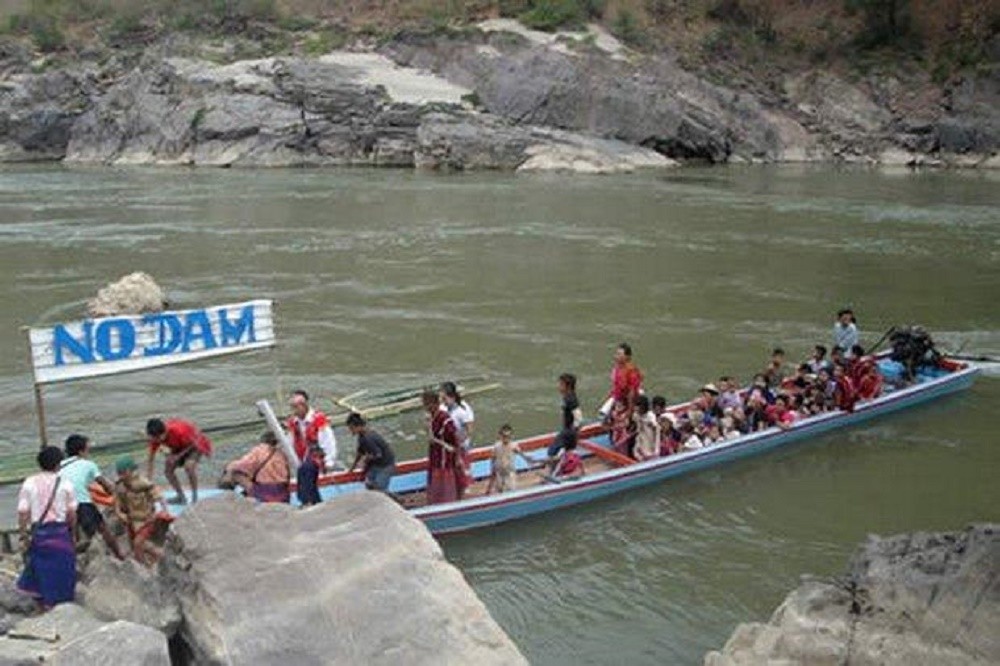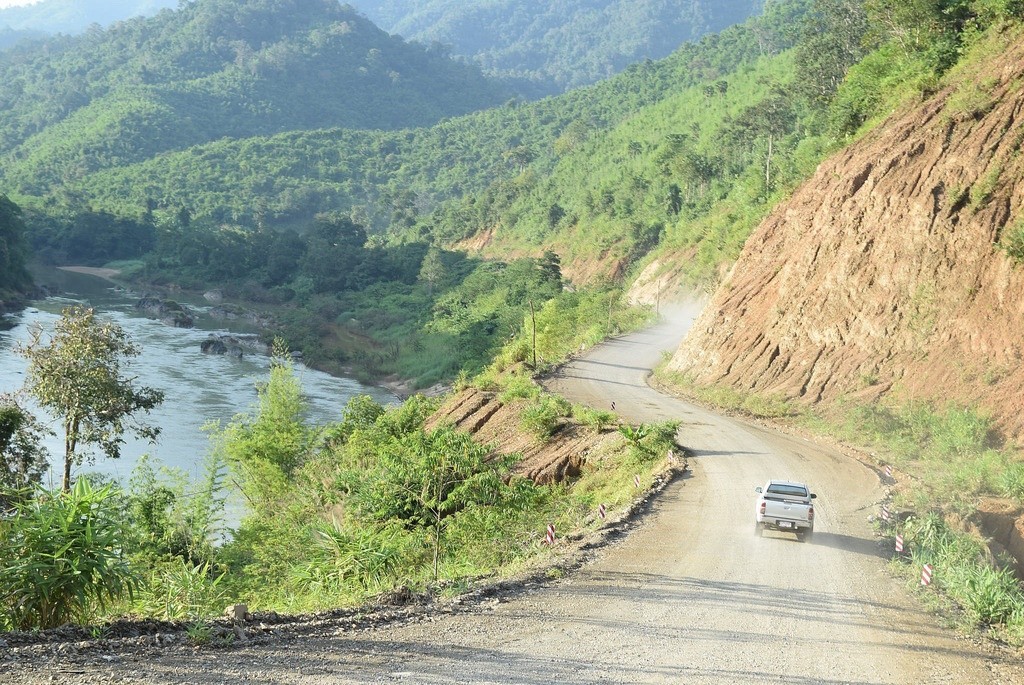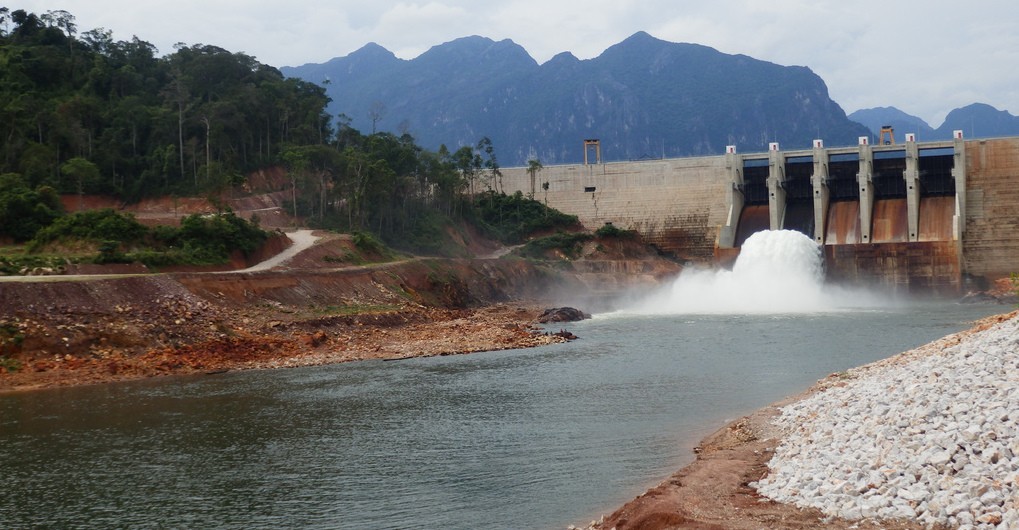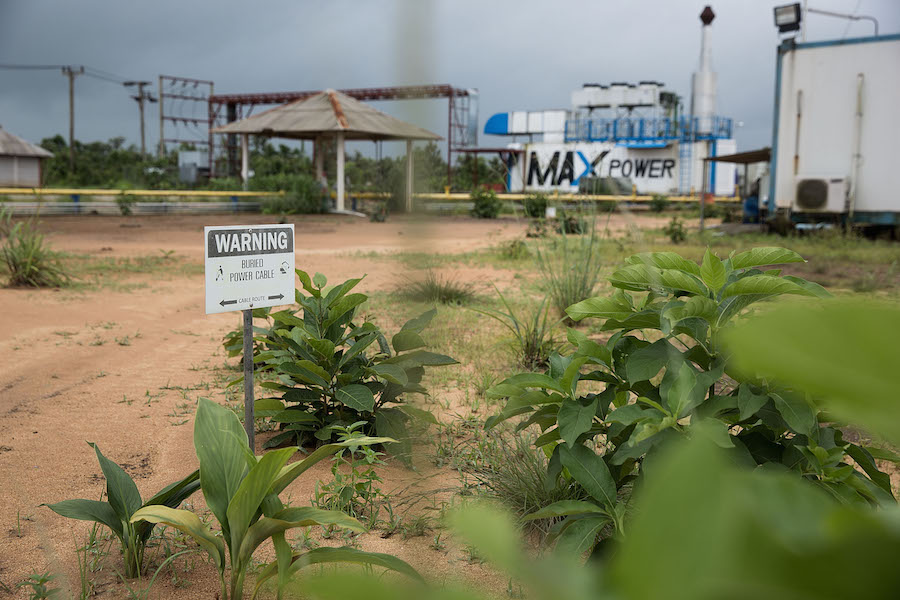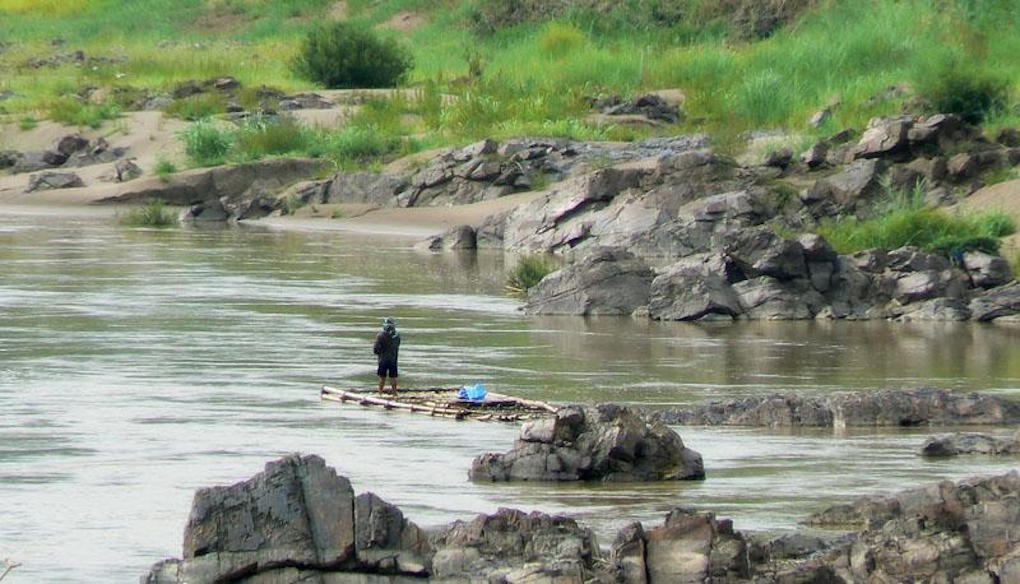This week’s visit by State Counsellor Daw Aung San Suu Kyi to Thailand appears to hold out hope for Thai state and private investors to revitalise their plans for key investments in Myanmar. Among these projects, the most prominent are the Dawei special economic zone and a cascade of hydroelectric dams on the Thanlwin River.
Tag: investment
The road to Dawei is paved with empty promises
Burma’s State Counsellor and Foreign Minister Aung San Suu Kyi will meet with Prime Minister Gen Prayut Chan-o-cha to discuss bilateral issues focused on trade and economic cooperation during her visit to Thailand on 23-25 June. Meanwhile, the Thai government has announced yet again plans to put the long-delayed Dawei Special Economic Zone (SEZ) project higher on its agenda.
In 2012, Suu Kyi visited Thailand on her first trip outside of Burma in 24 years. She met with Burmese migrant workers in Mahachai, Samut Sakhon province, which has the largest migrant community in Thailand. At that time, she promised to do her best to improve the country’s economy so that migrant workers would have jobs to return home to in Burma.
NGOs to oppose megaprojects during Suu Kyi visit
Non-governmental organisations on Tuesday called on Aung San Suu Kyi to put on hold two projects with Thailand during her visit to the country.
As the government is preparing for her first visit to Thailand as foreign minister and state counsellor, 23 non-governmental groups are also making their move against attempts by the host Thailand to ink deals with Mrs Suu Kyi during her three-day trip.
“As one of the leaders in the Myanmar government, we urge you to suspend decisions on any projects, pending the completion of strategic and transboundary impact assessments; and allow people to make informed decisions, ensuring transparent and accountable investments, which mutually benefit both Thailand and Myanmar,” they said in a statement.
PDF REPORT Analysis on ADB Investments in the Greater Mekong – NGO Forum on ADB
Since 1992 the Asian Development Bank (ADB) initiated the Greater Mekong Sub-region (GMS) Program encompassing the five countries and parts of China. As of 2016, over USD 14 billion has been invested by the ADB. The GMS program is another flagship endeavor by ADB under the strategic pillar entitled “regional economic integration”. Furthermore the GMS Regional Investment Framework (RIF) 2013 – 2022 serves as the master plan for over 200 projects with an estimated investment of about USD 50 billion.1
Civil society-led impact studies on ADB funded GMS projects suggest that groups mostly dependent on natural resources bear the brunt of direct disempowerment from practices such as mining, logging, involuntary resettlement and road-building among others. Once removed from their rights of access to their customary resources, the ADB presupposes that affected communities will invariably integrate into new market-based economies. Most often than not, however this is far from the local reality.
Government Told to Demand Transparency From SEZ Firms
The companies involved in planning and building special economic zones (SEZs) in Dawei and Kyaukphyu are failing to disclose impact assessments and other information relating to the massive projects, according to the International Commission of Jurists (ICJ).
Progress on the Dawei SEZ, in southern Burma’s Tenasserim Division, has been delayed by a lack of funding, but the governments of Burma, Thailand and, more recently, Japan, are all involved in a project that looks to be moving ahead.
Advocacy Groups to Monitor Government’s Dealings with Toyo-Thai
Mon State advocacy groups will continue to monitor the activity of the state government and Toyo Thai Corporation Public Company Limited (TTCL) after representatives met recently to discuss the gas energy investment options, according to groups in opposition to the coal-fired plant.
The groups will keep an eye on the government and TTCL due to concerns that the meeting would lead to a resumption in construction work at TTCL’s proposed coal-fired power plant project in Anndin Village.
On 10 June the representatives of TTCL, led by its chairperson, met with the state chief minister and government officials at the chief minister’s guest hall. At the meeting, they discussed the potential for a liquid propane gas bottling plant, which would provide gas for cooking instead of firewood.
Report: Coal and gas to stay cheap, but renewables still win race on costs
Low prices for coal and gas are likely to persist, but will fail to prevent a fundamental transformation of the world electricity system over coming decades towards renewable sources such as wind and solar, and towards balancing options such as batteries.
The latest long-term forecast from Bloomberg New Energy Finance, entitled New Energy Outlook 2016, charts a significantly lower track for global coal, gas and oil prices than did the equivalent projection a year ago. Crucially, however, it also shows a steeper decline for wind and solar costs.
Party, State to facilitate better business in Laos
The Party and State will facilitate Vietnamese investment and business in Laos, President Trần Đại Quang said during a working session with Vietnamese investors in Laos yesterday.
He hailed the efforts of businesses and of the Association of Vietnamese Investors in Laos to overcome difficulties and to ensure their projects are implemented on schedule. He also asked the association and relevant ministries to co-ordinate with the Lao side to better facilitate business operations, with the focus on energy, mineral exploration, exploitation and processing, agriculture, tourism, finance and banking. And he asked businesses to take more social responsibility to reduce poverty, protect the environment, and ensure social welfare.
Saving the Salween: Southeast Asia’s last major undammed river
In a world of galloping hydro-power rapidly engulfing the developing world and new dams popping up in the Amazon, the Congo and along the Mekong, it is hard to find any important river left in the world, that has escaped unscathed and undammed.
The free-flowing Salween is the last important undammed river in East Asia, where endangered species including tigers and clouded leopards can still be found in remote parts of Myanmar’s ethnic Karen State.
From the snow-capped mountains of Tibet, the Salween rushes through steep gorges in Yunnan Province and flows through four of Myanmar’s ethnic states before emptying into the Andaman Sea.
No authority to prevent new Mekong River projects: MRC
THE MEKONG RIVER Commission (MRC) does not have the authority to stop projects even if they have transboundary effects, delegates to the fourth Green Mekong Forum said on Monday, while the Thai Irrigation Department presented a water diversion project to fight poverty.
Around 100 delegates from Mekong River countries and international observers attended the forum in Bangkok to follow the latest developments in infrastructure and water resource management in the Mekong River Region.


